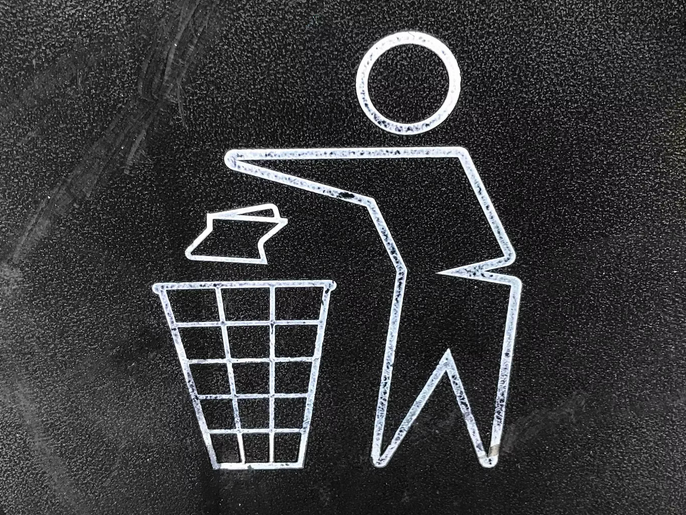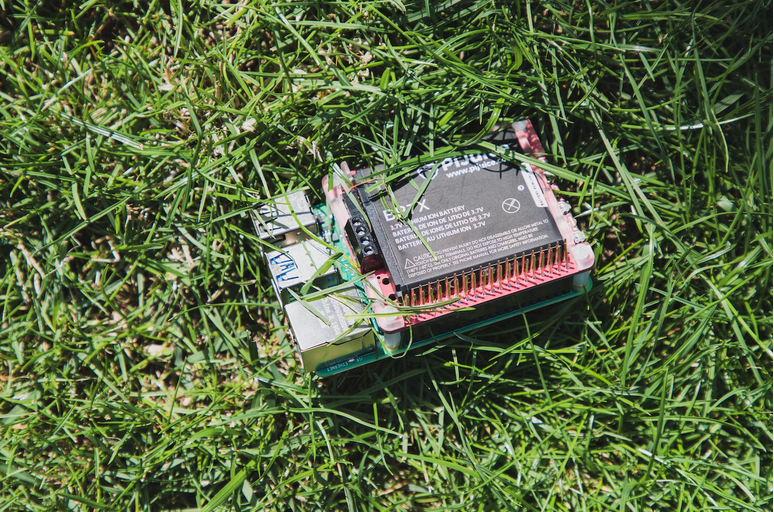E-Waste Regulations and Responsible Disposal: Navigating Compliance and Best Practices

In today’s technology-driven world, electronic waste (e-waste) is a growing concern. With the constant release of new and upgraded devices, old electronics are quickly becoming obsolete and discarded. This results in a significant amount of e-waste ending up in landfills or being illegally shipped to developing countries. But what exactly is e-waste? E-waste refers to any discarded electronic device, from old cell phones and computers to televisions and household appliances.
Understanding E-Waste Regulations

Governments worldwide have recognized the environmental hazards posed by improperly discarded electronics. As a result, many countries have implemented regulations to manage e-waste effectively. These regulations often outline guidelines for collection, recycling, and disposal of electronic devices. They may require manufacturers to take responsibility for the end-of-life management of their products or enforce proper recycling practices. Some countries have even banned the disposal of e-waste in landfills altogether.
Compliance With Legal Requirements

Businesses and individuals alike must adhere to e-waste regulations to ensure compliance with the law. Familiarize yourself with local and national e-waste regulations applicable to your area. These regulations may specify how e-waste should be disposed of, who is responsible for recycling, and the penalties for non-compliance. It is essential to keep up-to-date with any changes in e-waste regulations and adjust your disposal methods accordingly.
Best Practices for Responsible E-Waste Disposal

Aside from compliance with regulations, there are other best practices businesses and individuals can follow to responsibly dispose of e-waste. These include:
- Reduce: The best way to handle e-waste is to reduce it in the first place. Consider purchasing refurbished electronics or upgrading devices instead of buying new ones.
- Reuse: If possible, repair and reuse old electronic devices instead of discarding them. Many organizations offer repair services or accept donations of old but still functional electronics.
- Recycle: When disposing of e-waste, make sure to recycle it through authorized recycling programs or facilities. These programs ensure that hazardous components of electronics are properly disposed of and recycled for future use.
- Educate: Spread awareness about the importance of responsible e-waste disposal to your employees, friends, and family. Encourage them to follow best practices and dispose of their electronic devices responsibly.
Navigating e-waste regulations and practicing responsible disposal are integral steps in minimizing the environmental impact of electronic devices. By understanding and complying with e-waste regulations, individuals and businesses can contribute to a cleaner and healthier environment. Embracing responsible e-waste management not only safeguards our planet but also promotes sustainability and ensures a better future for generations to come.…

